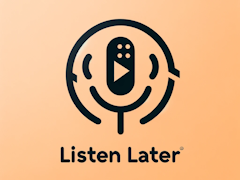By John Gruber

Listen Later: Turn articles into podcasts and listen anywhere.
- ‘Be Fair to the Truth’
-
From NPR’s new Ethics Handbook:
At all times, we report for our readers and listeners, not our sources. So our primary consideration when presenting the news is that we are fair to the truth. If our sources try to mislead us or put a false spin on the information they give us, we tell our audience. If the balance of evidence in a matter of controversy weighs heavily on one side, we acknowledge it in our reports. We strive to give our audience confidence that all sides have been considered and represented fairly.
With these words, NPR commits itself as an organization to avoid the worst excesses of “he said, she said” journalism. It says to itself that a report characterized by false balance is a false report. It introduces a new and potentially powerful concept of fairness: being “fair to the truth,” which as we know is not always evenly distributed among the sides in a public dispute.
★ Tuesday, 28 February 2012
